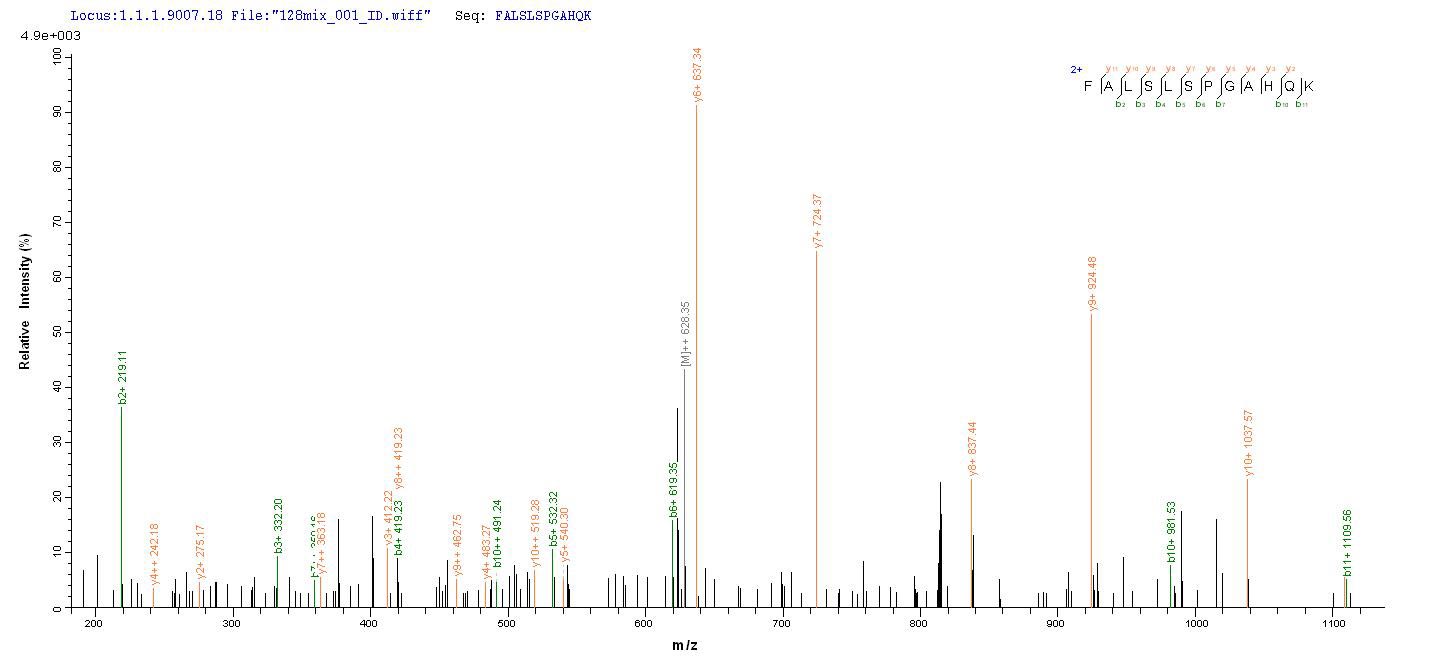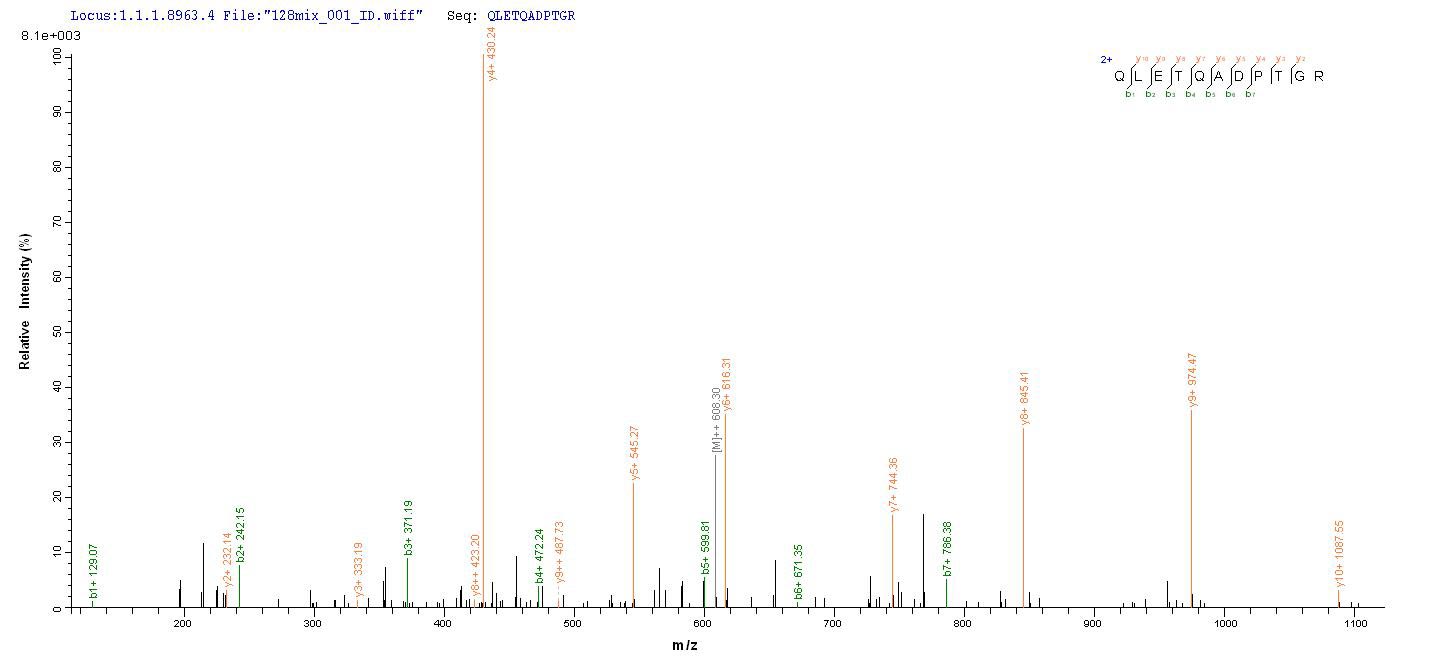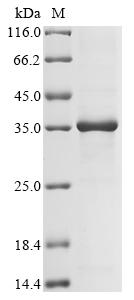Introducing our high-quality Recombinant Human MYD88 protein, specifically designed to support your cardiovascular research endeavors. This full-length protein (1-296aa) is expressed in the reputable E.coli expression system, ensuring a reliable and consistent production of a high-purity protein for your experiments. The N-terminal 6xHis-tagged Myeloid differentiation primary response protein MyD88 enables straightforward purification and detection, delivering a trustworthy product for your scientific investigations.
Our Recombinant Human MYD88 protein is characterized by a purity greater than 85% as determined by SDS-PAGE, making it an exceptional choice for your cardiovascular research projects. Available in both liquid and lyophilized powder forms, this meticulously engineered protein is an indispensable tool for understanding the complex mechanisms within the cardiovascular system, providing a solid foundation for your research and driving new discoveries in the field.








